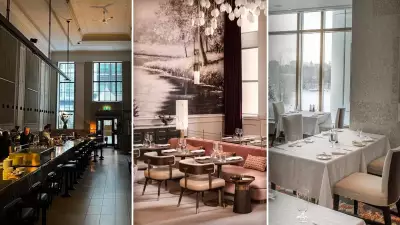
In a breathtaking spectacle of cultural preservation, the ancient city of Kano, Nigeria witnessed one of Africa's most remarkable matrimonial events this weekend. Two hundred couples simultaneously exchanged vows in a traditional mass wedding ceremony that has become an annual celebration of heritage and community.
A Centuries-Old Tradition Lives On
The ceremony, organized by the local mass wedding committee, represents more than just matrimony—it's a powerful cultural institution designed to ensure prosperity and strengthen community ties. For many participants, this traditional approach to marriage provides an affordable alternative to increasingly expensive modern weddings.
Bridging Generations Through Ritual
Each couple received essential household items to begin their married life, including:
- Furniture and bedding
- Kitchen utensils and cooking equipment
- Traditional clothing and textiles
- Basic food supplies
The grooms, required to be at least 25 years old, demonstrated their readiness for marriage through traditional means rather than extravagant spending.
Cultural Significance Beyond Matrimony
Local officials emphasize that this ceremony serves multiple purposes in contemporary Nigerian society. "This isn't just about marriage—it's about preserving our identity," explained one community leader. "In a rapidly changing world, these traditions anchor us to our heritage while supporting young people starting their lives together."
The event also addresses practical concerns in modern Nigerian society, where economic challenges often delay marriage for young couples. By providing the essentials and minimizing costs, the community ensures that financial constraints don't prevent couples from formalizing their relationships.
A Model for Cultural Preservation
Observers note that Nigeria's mass wedding tradition offers valuable lessons in:
- Maintaining cultural practices in modern contexts
- Community-supported social initiatives
- Affordable alternatives to costly ceremonies
- Intergenerational knowledge transfer
As the newlyweds begin their lives together, they carry forward not just personal commitments but the living legacy of Nigerian cultural heritage—proving that some traditions grow more valuable with time.





